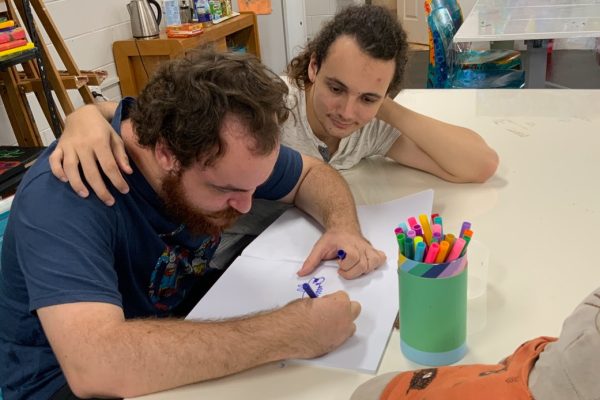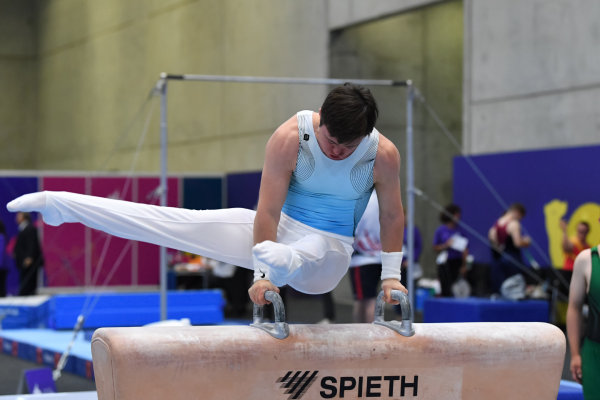
School research project to increase activity in children with an intellectual disability
photo credit: Katherine Millard Photography
School-aged children with an intellectual disability are the focus of new research designed to increase their physical activity and fitness.
In Australia there are approximately 155,000 school-aged children with an intellectual disability and these students are often less physically active than typically developing children.
The iPLAY for Inclusion (iPLAY4i) research will show schools and teachers how to run effective physical education and sport lessons with teachers also being shown how to use physical activity breaks between academic lessons to improve student concentration.
Australian Catholic University (ACU) is seeking up to 24 volunteer primary schools in New South Wales to participate in the free study, with no cost to schools participating in the professional learning program.
ACU program lead Professor Chris Lonsdale said, “Australian kids are among the least active in the world. They’re also going backwards – they’re about 20% less fit than their parents were at the same age.”
“Children with an intellectual disability are at a particular disadvantage. As a result, they’re less fit and less physically active than typically developing children.
“I want to live in a world where all children—regardless of their ability—are happy, healthy, and successful at school. Physical activity is an amazing way of improving all three.”
iPLAY4i is based on an original program, iPLAY, which has been successfully rolled out to 144 schools in New South Wales. iPLAY is a registered NSW Education Standards Authority course.
Sandy Golder has a Bachelor of Health Science and a Bachelor of Education. She runs a business that motivates people to use food, nutrition and lifestyle for optimal health. And, Sandy’s 8-year-old daughter, Imogen, has autism spectrum disorder.
“Imogen loves to swim, jump, run and climb” Ms Golder said, “but Imogen is not able to participate in any team sports or group classes. She often doesn’t understand verbal instructions, so understanding the rules to sports is a big challenge. She does participate well in short, highly-motivating activities.”
“As a parent of a child with a disability, my biggest fear is that Imogen will not be challenged to grow and improve her skills because it’s decided it’s too hard to put in place the supports she needs” Ms Golder said. “My daughter has the same rights as every student, she just learns and receives information in a different way and her experience of the world is through a different lens.”
iPLAY4i aims to make physical education more inclusive for all students, particularly those like Imogen. For example, it will train a group of leaders in each participating school to make playgrounds more conducive to activity.
Professor Lonsdale said, “The school leaders will also link the school with local community organisations, particularly those who can cater for children with intellectual disabilities.”
Teachers will learn how to make school sport more supportive, active, fair, enjoyable, and adapted to the needs of children with intellectual disabilities. Teachers will also be shown how to make classes more fun for all students. They might change up the rules, the teaching style, or the equipment so the lesson caters for everyone.
iPLAY4i research has received grant funding from Sport Australia’s Move it Australia Campaign and NSW Department of Education. The project is conducted in partnership with Special Olympics Australia, University of Newcastle, Western Sydney University, and the University of Victoria (Canada).
NSW primary schools interested in learning more and/or registering to participate in the free study can visit:https://iplay.org.au/inclusion








